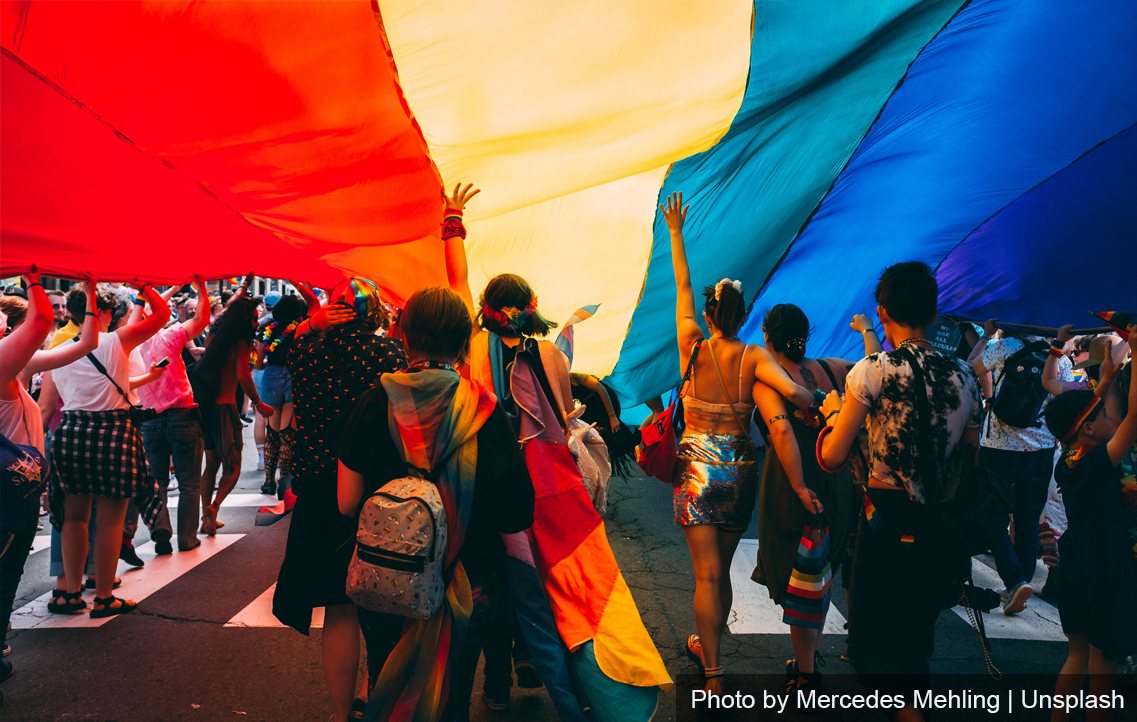
After about 10 hours of debate over two days, Parliament on Tuesday (Nov 29) passed legislation to decriminalise gay sex and protect the definition of marriage from legal challenges.
The repeal of Section 377A has been lauded as a milestone both to democracy and to inclusion in Singapore. The uneasy compromise made in 2007 for 377A to remain on the books but not be proactively enforced, has been repeatedly challenged in the courts with legal scholars pointing out its unconstitutionality.
The colonial-era law has been called out as stigmatising, humiliating and even when not enforced, a constant reminder of the criminal position of the gay person.
Social norms have also changed considerably over the years, with growing acceptance of homosexuality, especially among the young, as well as a desire to stand against legislative structures that are viewed as discriminatory.
Most Singaporeans are likely to view the repeal and the constitutional change to protect the heterosexual definition of marriage as a balanced approach in dealing with a deeply contentious issue where Singaporeans, based on their age, sexual orientation, family background and religious persuasion, may have different viewpoints.
DESIRE TO BE INCLUSIVE VS PERSONAL BELIEFS
Despite the safeguards to the institution of marriage, there were still objections raised in Parliament during the debate. Two Workers’ Party Members of Parliament and a Nominated MP opposed the repeal.
Among the 30 parliamentarians who participated in the debate, a few mentioned their struggles in considering this motion, based on a desire to be inclusive but yet also propelled by their personal values and conscience.
It is expected that similar views are held throughout the country with some unsure whether the repeal is in the best interests of Singapore as a nation.
Those who are not open to the repeal of 377A are unlikely to want society to criminalise gay sex. Rather, they fear that with the removal of this symbolic marker, the traditional institution of marriage and family will be jeopardised.
They worry that future generations will fail to embrace a position they believe is most congruent with reproduction and parenthood, and normalise homosexual relationships and family formation. They notice how gay rights are actively being pursued in other societies and wonder if the same will happen in Singapore.
Concerns were also raised in Parliament about being persecuted because of conservative beliefs and possible waning of religious liberties to propagate religious beliefs related to homosexuality.
UNCHARTED SOCIAL NORMS
For at least a portion of parliamentarians and the segment of the population they represent, the repeal of 377A means that Singapore will enter uncharted terrains in terms of social norms.
Living with the diversity owing to our different cultures and backgrounds is already complicated, let alone those that come with new forms of sexuality that are increasingly recognised.
If there is any comfort to this group, the provisions in the constitutional amendment will ensure that the definition of marriage will not be changed through the courts, which can result in drastic overnight change in society.
If there are interests to bring about greater liberalisation to gay rights, it will be through robust debates and negotiations through the political process. In this process, the Government is also looking at measures to rein in cancel culture. Citizens will then not have to be intimidated to stand by their beliefs, and offer their views in a respectful manner without being afraid of being “cancelled”.
This certainly hands power to Singaporeans, who by working with their elected representatives, can signal the level of change they desire for gay rights.
Mutual respect amid deep divisions has long been a source of Singapore’s strength. We should not allow homosexuals to feel disenfranchised from society and not feel part of this nation given its emphasis on heterosexual norms.
While the debate on S377A has spotlighted these divisions and brought uneasy conversations to the fore, it also provides an opportunity for all to reflect on how best to address such thorny issues.
Parliament has made an attempt to address and resolve this issue, rather than resigning the public to further decades of uncertainty about the boundaries of equality and family.
We need to attempt to understand conflicting views and their motivations — no matter how diametrically opposed they may be to ours. This will be the first of many steps toward more constructive engagement.
Dr Mathew Mathews is principal research fellow at the Institute of Policy Studies, National University of Singapore and head of its Social Lab.
This piece was first published in CNA on 29 November 2022.
Top photo from Unsplash.
